Divergent evolution driven by pollinators
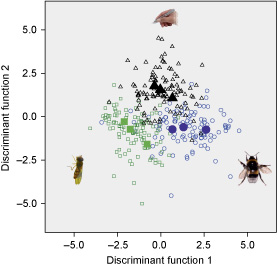 A great variety of plants rely on pollinators to be fertilized successfully. This close relationship is thought to drive evolutionary diversification in plants, making the presence or absence of pollinators in response to climate change an increasingly relevant matter. Gervasi and Schiestl addressed the question of how pollinators influence real-time evolution of adaptive traits in plants with a simple and elegant set of experiments. Starting with a single batch of Brassica rapa plants (self-incompatible), the authors let the plants be pollinized by bumblebees or hoverflies, or manually fertilized them, for nine consecutive generations. The authors found differences in petal traits and floral volatiles associated with the type of pollinator (or not) that visited the plants, and that the evolution of the adaptive traits subsequently affected which pollinators visited the plants. In this way, the authors showed that diversification in plants can be driven by pollinators in just a few generations. (Summary by Gaby Auge) Nature Comms. 10.1038/ncomms14691
A great variety of plants rely on pollinators to be fertilized successfully. This close relationship is thought to drive evolutionary diversification in plants, making the presence or absence of pollinators in response to climate change an increasingly relevant matter. Gervasi and Schiestl addressed the question of how pollinators influence real-time evolution of adaptive traits in plants with a simple and elegant set of experiments. Starting with a single batch of Brassica rapa plants (self-incompatible), the authors let the plants be pollinized by bumblebees or hoverflies, or manually fertilized them, for nine consecutive generations. The authors found differences in petal traits and floral volatiles associated with the type of pollinator (or not) that visited the plants, and that the evolution of the adaptive traits subsequently affected which pollinators visited the plants. In this way, the authors showed that diversification in plants can be driven by pollinators in just a few generations. (Summary by Gaby Auge) Nature Comms. 10.1038/ncomms14691


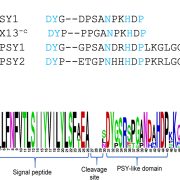
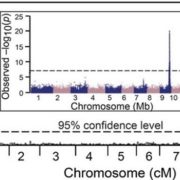
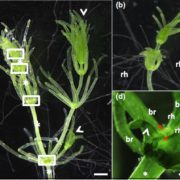
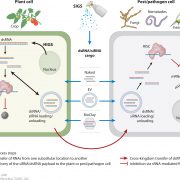
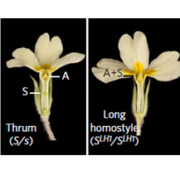
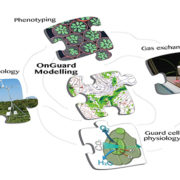


Leave a Reply
Want to join the discussion?Feel free to contribute!